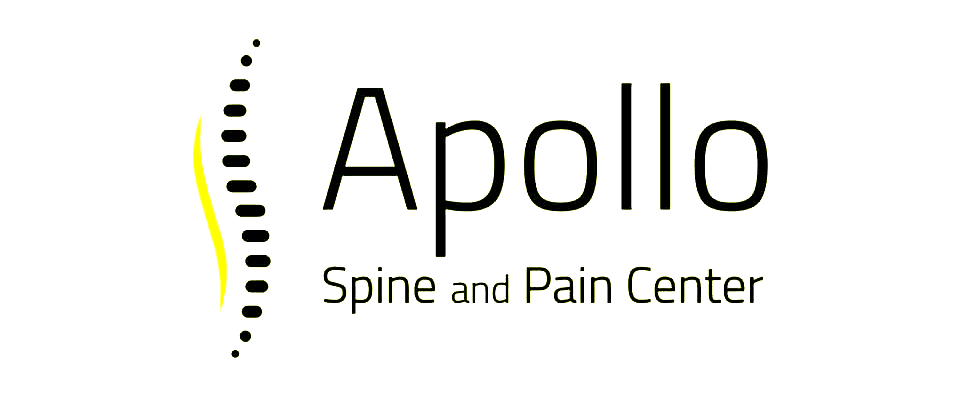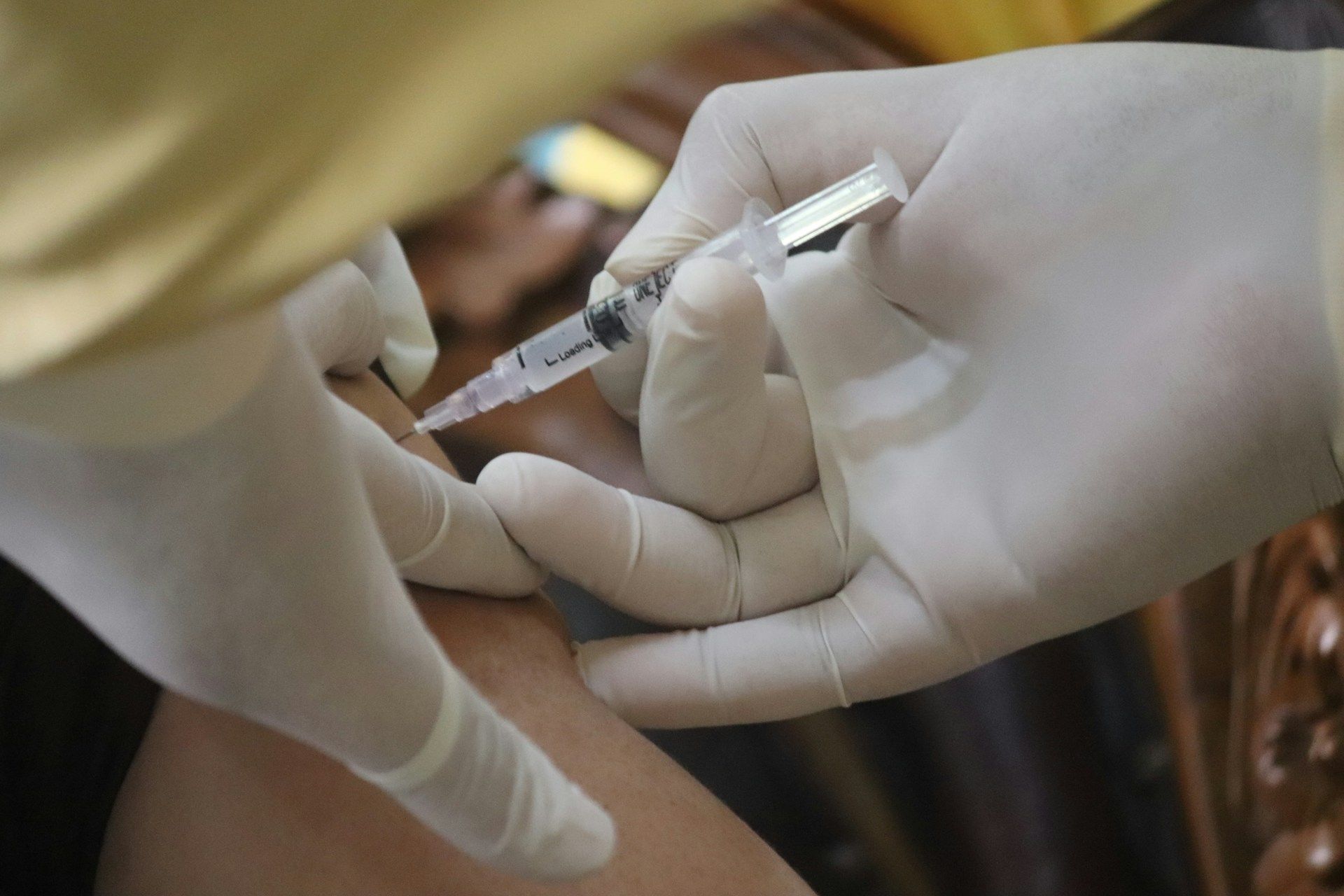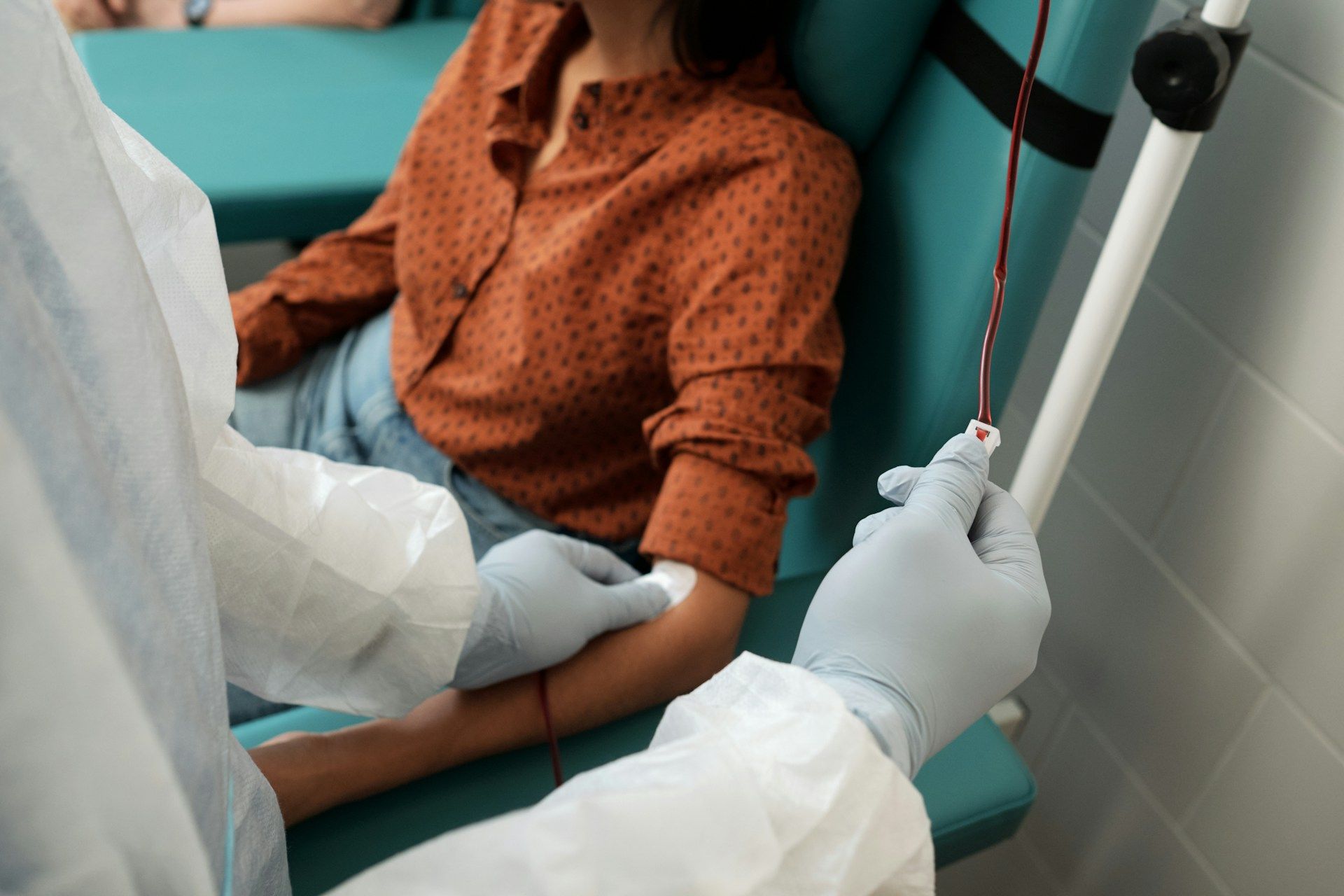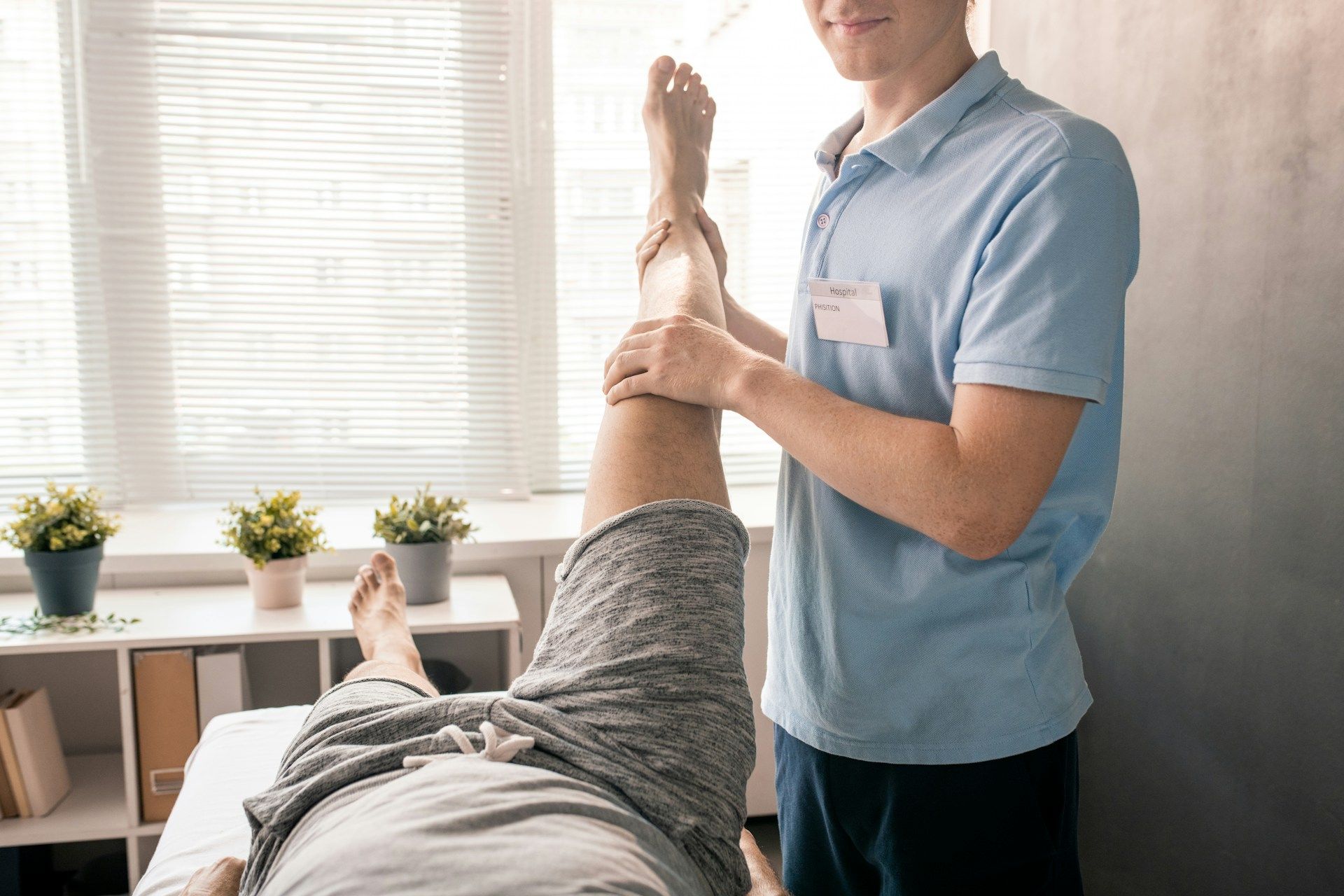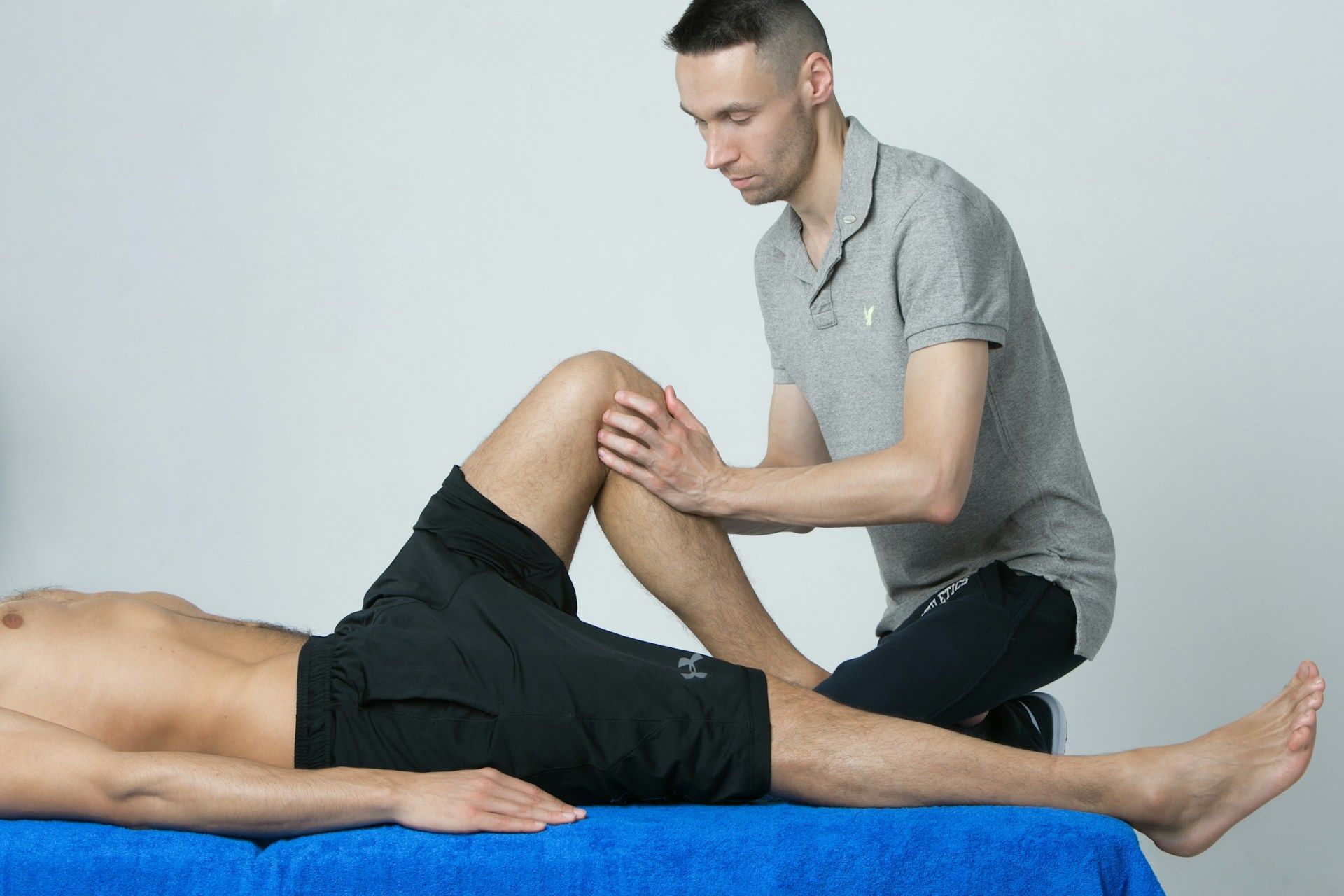Pain Relief for Herniated Discs
A herniated disc can be a painful condition that impacts your daily life. It occurs when one of the discs in your spine gets damaged and presses on nearby nerves. This often results in discomfort and limits your ability to move comfortably. Whether it's in your neck or lower back, the symptoms can range from mild pain to severe discomfort affecting your legs or arms.
Understanding the nature of a herniated disc is crucial in managing the pain. The spine is made up of bones called vertebrae, cushioned by soft discs. These discs absorb shock and allow flexible movement. However, when a disc herniates, it can slip out of place or rupture, irritating the nerves.
Though this condition might sound serious, there are many ways to manage the pain at home and with non-invasive treatments. Recognizing the signs early and taking proactive steps can help prevent the symptoms from worsening. By learning about your options, you can take control and make informed decisions to improve your quality of life.
What Is a Herniated Disc: Understanding the Condition
A herniated disc occurs when the soft inner part of a spinal disc pushes through a tear in its outer shell. This can cause discomfort because the protruding material may press against nearby nerves. The spine, which runs from the neck to the lower back, is made up of bones called vertebrae. These vertebrae are cushioned by discs that act as shock absorbers, helping you move comfortably.
Some common causes of disc herniation include:
- Wear and Tear: Over time, our discs naturally lose some of their water content, making them less flexible and prone to tearing.
- Sudden Injury: An accident or incorrect lifting can put excessive pressure on the spine, leading to a herniated disc.
- Repetitive Movements: Certain jobs or activities that require frequent bending or twisting can increase the risk.
Symptoms of a herniated disc vary depending on its location and severity. Common signs include:
- Sharp pain in the arm or leg
- Numbness or tingling in the affected area
- Weakness in muscles served by the affected nerves
Early detection is crucial in managing this condition effectively, preventing chronic pain and facilitating better outcomes for individuals experiencing herniated discs.
Home Strategies for Managing Herniated Disc Pain
Managing herniated disc pain at home can help reduce discomfort and improve mobility. Simple adjustments and strategies can create a more supportive and pain-free environment.
- Rest and Avoid Aggravation: Initially, resting the affected area can help decrease inflammation. Avoid activities that worsen the pain, like heavy lifting and sudden twisting motions.
- Ice and Heat Therapy: Applying ice packs to the painful area for 15-20 minutes can reduce swelling. Switching to heat therapy, like a warm bath or heating pad, later can soothe tense muscles.
- Stretching and Light Exercise: Easy stretching exercises can enhance flexibility and strengthen back muscles, providing better support to the spine. Activities such as walking or swimming can be beneficial.
- Ergonomic Adjustments: Ensure that your work and home environments support good posture. Use chairs with back support and maintain a neutral position when sitting or standing.
- Weight Management: Keeping a healthy weight alleviates stress on the spine, reducing the chances of straining your back.
Implementing these strategies helps address the pain and symptoms associated with herniated discs in a non-invasive and proactive manner. While these home strategies are effective, they may be most beneficial when combined with professional guidance.
Non-Invasive Treatments for Pain Relief
When dealing with a herniated disc, non-invasive treatments can be effective in alleviating pain and restoring function, without the need for surgery. These methods focus on reducing inflammation and improving mobility while minimizing discomfort.
Physical Therapy is one of the most common treatments. It involves exercises and activities that strengthen the muscles around the affected area, improve flexibility, and promote proper posture. A skilled therapist tailors these exercises to meet individual needs, helping to relieve pressure on the discs.
Chiropractic Care provides another non-invasive option. Chiropractors perform spinal adjustments to align the spine properly, which can relieve nerve pressure. Many patients experience significant pain reduction through these treatments.
Acupuncture is also utilized to manage pain. This technique involves inserting thin needles at specific points on the body to stimulate natural healing processes, providing relief from pain and reducing muscle tension.
In addition, massage therapy can help soothe muscle spasms associated with herniated discs. It promotes relaxation and improves blood circulation, which aids healing.
These non-invasive approaches can greatly improve the quality of life for those with herniated discs by reducing pain and preventing further issues, all while avoiding surgical interventions.
Medical Treatments and Their Effectiveness
When non-invasive treatments alone do not provide sufficient relief, medical treatments may be necessary. These interventions aim to significantly reduce pain and inflammation, offering more targeted relief for herniated disc symptoms.
Medication Management plays a significant role in herniated disc treatment. Pain relievers and anti-inflammatory drugs, such as NSAIDs, can be recommended to reduce pain and swelling. Muscle relaxants might also be prescribed to address spasms.
Epidural Steroid Injections are another option for more severe cases. These injections deliver a high dose of corticosteroids directly into the epidural space around the spinal cord, effectively reducing inflammation and nerve irritation.
For some, nerve block injections provide relief. This involves injecting anesthetic near the affected nerve to numb pain and allow for therapeutic exercises that can aid recovery.
In rare instances where other treatments fail, surgical intervention might be considered. Microdiscectomy, a minimally invasive surgery, removes the protruding portion of the disc material that is pressing on the nerve, providing quick pain relief.
By evaluating the effectiveness of these medical treatments, individuals can determine the best course of action in consultation with healthcare professionals, ensuring a comprehensive approach to managing herniated disc pain.
Conclusion
Dealing with herniated disc pain involves understanding the complexities of the condition and exploring various treatment options. From non-invasive methods like physical therapy and chiropractic care to medical treatments such as medication management and injections, individuals have many choices to find relief. The goal is to address symptoms effectively, improving quality of life and preventing future problems.
The importance of combining strategies can't be overstated. A holistic approach that includes home strategies, non-invasive treatments, and medical interventions offers the best chance for both immediate relief and long-term recovery. By tailoring a plan that meets individual needs, those affected by herniated discs can manage their condition successfully.
At Apollo Spine and Pain Center, we specialize in helping you find the most appropriate treatments for a herniated disc. Our team is dedicated to creating personalized care plans that address your specific
pain management needs. Contact us today to begin your journey toward relief and wellness with expert guidance.
